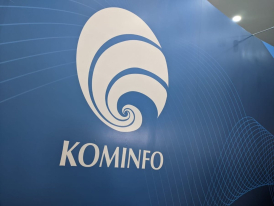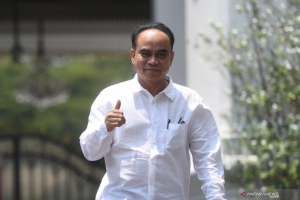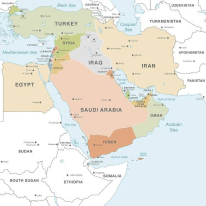Ministry Communication and Informatics prepares AI ethics guidelines guaranteeing security and rights
The Ministry of Communications and Informatics (Kemen Kominfo) aims to finalize ethical guidelines for the use of artificial intelligence (AI) by December this year. The guidelines will provide recommendations and responsibilities for AI implementation in six key areas.
Hario Bismo Kuntaro, Chairman of the Digital Economy and Games Team at the Directorate General of Informatics Applications, stated that the process is currently in the phase of gathering input from various stakeholders.
"As of mid-November, we are still receiving input from civil society, industry, and academia," said Hario on November 16, 2023.
He emphasized the importance of soliciting opinions from the public to ensure the protection of various parties. According to Hario, the ethical guidelines aim to guarantee the security of personal data and intellectual property rights.
The ability of AI to shape data patterns accessible to the public needs to comply with applicable regulations. The AI ethics guidelines are derived from Law Number 27 of 2022 concerning Personal Data Protection.
"From Kominfo's perspective, we believe that encouraging AI innovation must be balanced with protecting the rights of the public through a policy framework that is currently being developed," added Hario.
Wahyudi Djafar, Executive Director of the Institute for Policy Research and Advocacy for Society (ELSAM), highlighted the need for enhanced regulations to accompany the advancements in AI. With AI's current capabilities, especially in natural language understanding and generation (large language model or LLM), there is a risk of bias in content creation.
"It can create specific content in various formats, and this ability can generate various biases," Djafar explained.
Furthermore, he also sees the potential misuse of AI posing a threat to democracy by producing disinformation. Despite this, Djafar believes that AI also has the potential to strengthen democracy through public oversight of content released by the government.
"State officials can no longer lie with AI; the public can question Open AI, ChatGPT about what is actually happening," Djafar stated.
Tag
Already have an account? Sign In
-
Start reading
Freemium
-
Monthly Subscription
20% OFF$29.75
$37.19/MonthCancel anytime
This offer is open to all new subscribers!
Subscribe now -
Yearly Subscription
33% OFF$228.13
$340.5/YearCancel anytime
This offer is open to all new subscribers!
Subscribe now






